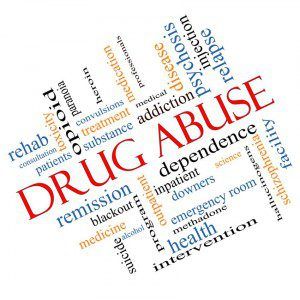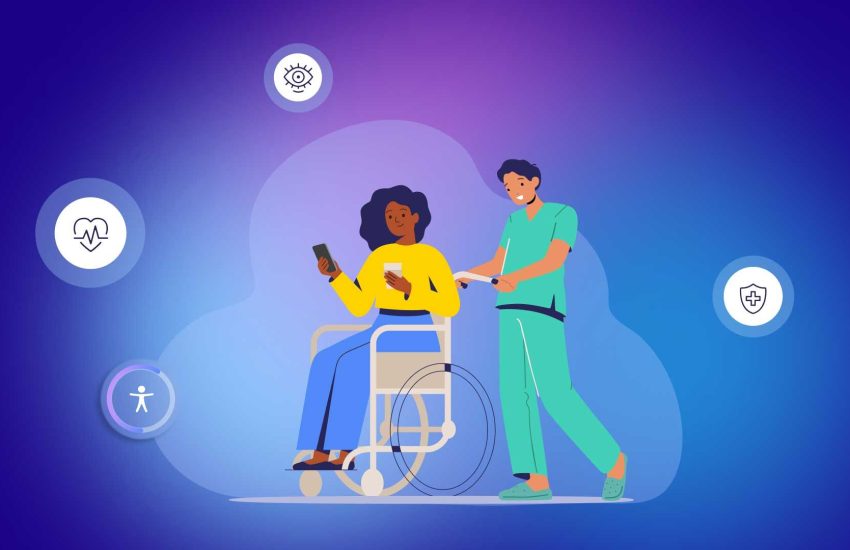The Social Consequences of Drug Addiction
Drug addiction is a serious problem that not only affects the individual struggling with addiction but also has far-reaching social consequences. In this article, we will explore the impact of drug addiction on society and the ripple effects it can have on communities, families, and relationships.
Increased Crime Rates
One of the most significant social consequences of drug addiction is the increase in crime rates. Addicted individuals may turn to illegal activities such as theft, drug trafficking, or violence to support their addiction. This can lead to a rise in crime rates in affected communities, making them less safe for residents.
Breakdown of Relationships
Drug addiction can also lead to the breakdown of relationships, as addicted individuals may prioritize their drug use over their family and friends. This can lead to feelings of betrayal, mistrust, and resentment among loved ones, ultimately leading to strained or severed relationships.
Financial Strain
Individuals struggling with drug addiction often face financial strain as they spend a significant amount of money on obtaining drugs. This can impact not only the individual but also their family members who may have to bear the financial burden of supporting their loved one’s addiction.
Healthcare Costs
Drug addiction can also lead to increased healthcare costs for society as a whole. Addicted individuals may require medical treatment for drug-related health issues such as overdose, infections, or mental health disorders. This places a strain on healthcare systems and resources, ultimately impacting the quality of care available to the general population.
High Rates of Homelessness
Another social consequence of drug addiction is the high rates of homelessness among addicted individuals. Drug addiction can lead to job loss, financial instability, and strained relationships, all of which can contribute to a person becoming homeless. This not only impacts the individual but also puts a strain on social services and resources available to the homeless population.
Stigmatization and Discrimination
Individuals struggling with drug addiction often face stigmatization and discrimination from society. This can make it difficult for them to seek help and support, leading to further isolation and marginalization. Addressing the stigma surrounding drug addiction is crucial to creating a more compassionate and understanding society.
Conclusion
Drug addiction has far-reaching social consequences that impact not only the individual struggling with addiction but also society as a whole. Addressing the root causes of addiction, providing support and resources for addicted individuals, and educating the public on the impacts of drug addiction are crucial steps in combating this widespread issue.


